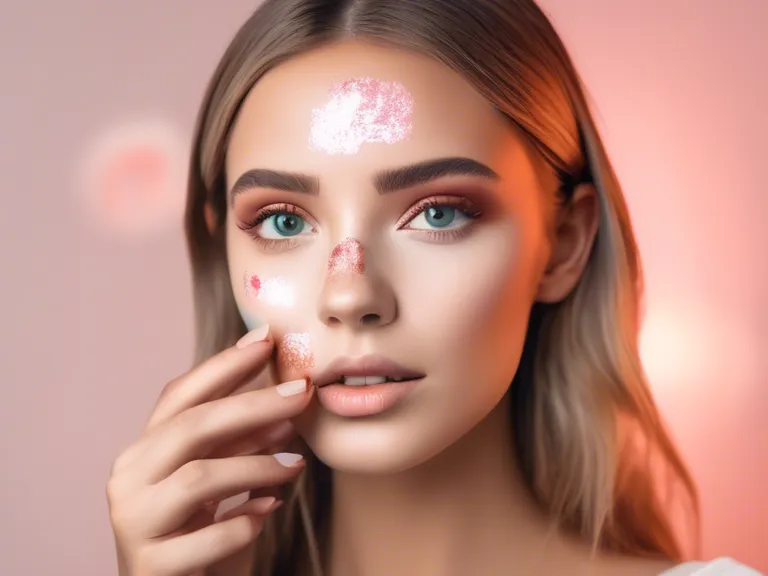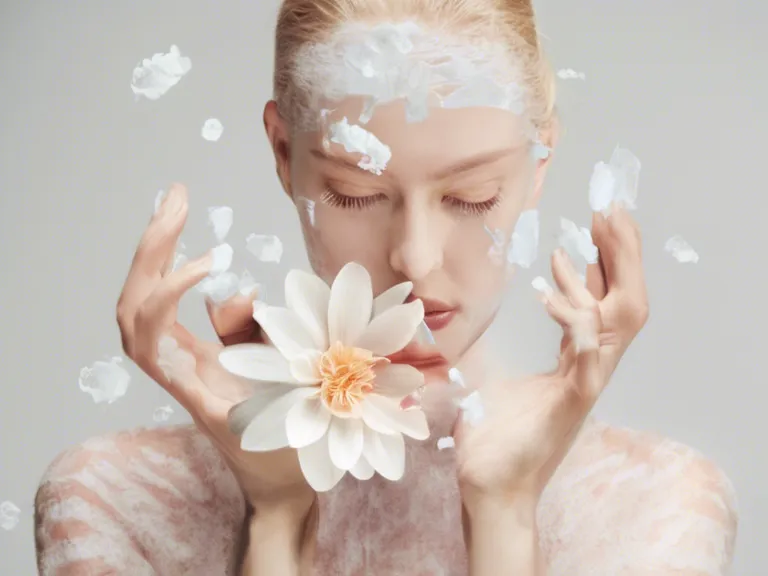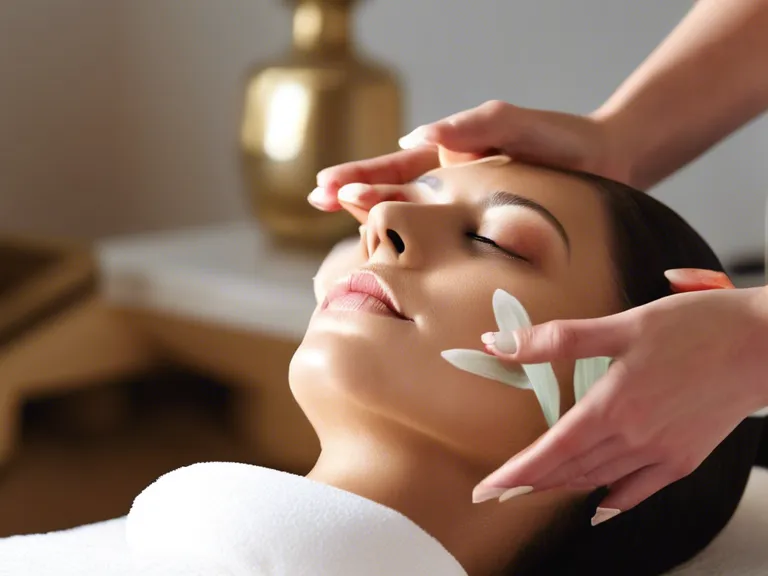
In today's digital age, the use of beauty filters on social media platforms has become increasingly common. These filters, which enhance one's appearance by smoothing out imperfections and altering facial features, may seem harmless at first glance. However, the psychological impact of beauty filters can have significant implications for mental health and self-esteem.
While beauty filters may boost users' confidence by providing them with a flawless image to share with their followers, they can also have detrimental effects on their self-perception. Constant exposure to idealized, digitally-altered images can create unrealistic beauty standards and perpetuate feelings of inadequacy in individuals who do not conform to these standards. This can lead to a negative cycle of comparing oneself to others and feeling inadequate, which can erode self-esteem and contribute to feelings of anxiety and depression.
Additionally, the use of beauty filters can blur the line between reality and fantasy, making it difficult for individuals to accept their natural appearance. This can lead to body dysmorphia, a mental health disorder characterized by an obsessive focus on perceived flaws in one's appearance. In extreme cases, this can lead to individuals seeking cosmetic procedures in order to achieve the unattainable standards set by beauty filters.
To combat the negative psychological impact of beauty filters, it is important for individuals to be mindful of the images they consume on social media and to recognize that these images are often heavily edited and curated. By practicing self-compassion and focusing on their unique qualities, individuals can begin to cultivate a positive self-image that is not reliant on external validation.



